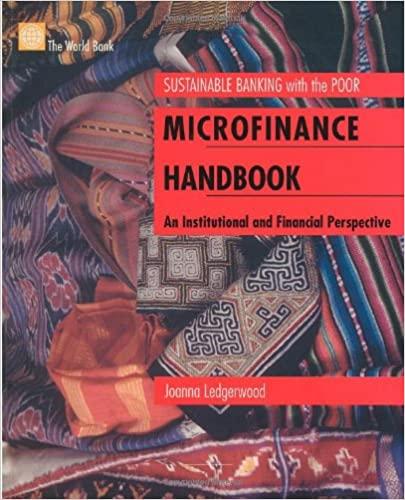Question
Now suppose that your plan is to put $100 at the beginning of each month into a savings account which pays 4.5% interest, compounded monthly.
Now suppose that your plan is to put $100 at the beginning of each month into a savings account which pays 4.5% interest, compounded monthly. As usual, interest is paid at the end of each month on money which has been in the account all month; in other words, your first deposit does earn interest during the first month.
2a.) If you start saving $100 per month when you are 25, how much will you have in the account when you turn 70? [Assume that you make 12 deposits when you are 25, another 12 when you are 26, etc., but no more deposits once you are 70.]
2b.) If you start saving $100 per month when you are 35, how much will you have in the account when you are 70? [Again, assume that you make 12 deposits when you are 35, another 12 when you are 36, etc., but no more deposits once you are 70.]
2c.) How much more money will you have in the account at age 70 if you start saving at age 25, than if you start at age 35?
Step by Step Solution
There are 3 Steps involved in it
Step: 1

Get Instant Access to Expert-Tailored Solutions
See step-by-step solutions with expert insights and AI powered tools for academic success
Step: 2

Step: 3

Ace Your Homework with AI
Get the answers you need in no time with our AI-driven, step-by-step assistance
Get Started


